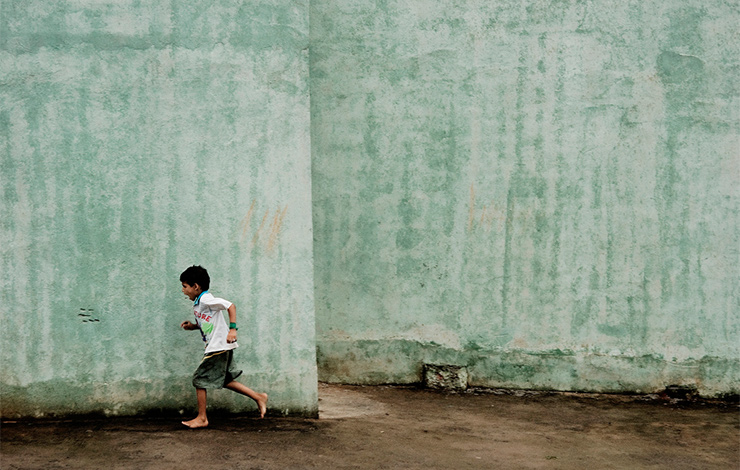This program addresses the lack of educational reinforcement in primary and secondary public schools, while also combating the number of 'street children' in São Paulo, Brazil.
Challenge

The project addressed the lack of educational reinforcement in primary and secondary public schools, while also combating the number of 'street children' in São Paulo, Brazil. The school system in Brazil is often viewed as a non-integral part of society, and therefore lacks public investment and is conducted on a part-time basis. UNICEF declares that, "every child has the right to an education which develops their personality, talents and abilities to the fullest.” For Brazil to comply to UNICEF's standard, Brazilian children need to have a full time education, an investment needs to be made in teachers, and attention should be given to those in need.
Program Summary
The ‘socio-educational action of free time’ project promoted the integration between the pupil and the school, and the unification of public agencies and the community. It did so by providing children with academic or psycho-pedagogical deficiencies with activities outside of school. Children from the neighborhood of Limão in the North Zone of São Paulo engaged in fun learning activities before or after school hours. These activities included music, arts, sewing, physical education, citizenship, ecological studies, English lessons, etc. help to improve their reading, listening, communication skills and all provided students with a greater understanding of the world and environment they live in. These activities were also offered to the students' parents, to integrate the family into educational issues.
Impact
Star of Tomorrow expected its program to not only have a positive impact on the participants, but also on order and security within the city. The neighborhood of Limão consists of different favelas in its surroundings (which is where the kids mostly come from) and there is a heavy drug scene in the neighborhood. Consequently, whenever the kids are not at school they are in the streets, easily resulting in an engagement with drug trafficking. By taking them out of the streets and offering them socio-educational activities, they are less likely to engage in illegal activities and a have greater chance of wanting to do something else for a living. Therefore, the project enabled children to become aware and better equipped for future employment opportunities and prevented them from being in the streets and becoming involved with informal or drug related work.
Partners
Support for the program was received from the city hall of São Paulo, which provided monthly funds for the professional workers’ contracts. Local supermarkets and shops in the community donated food and pedagogical material, strengthening community involvement.


